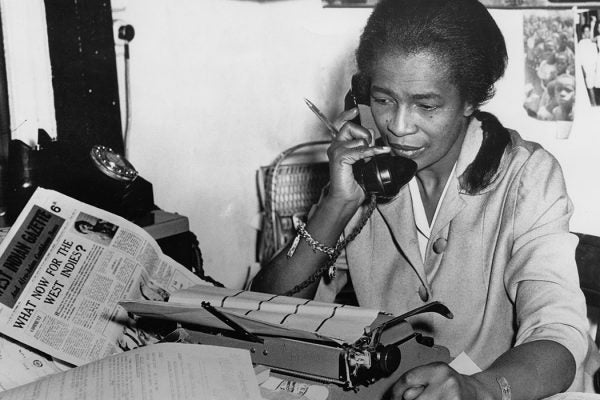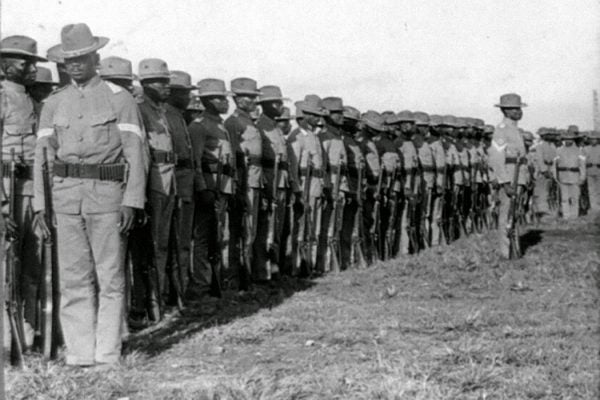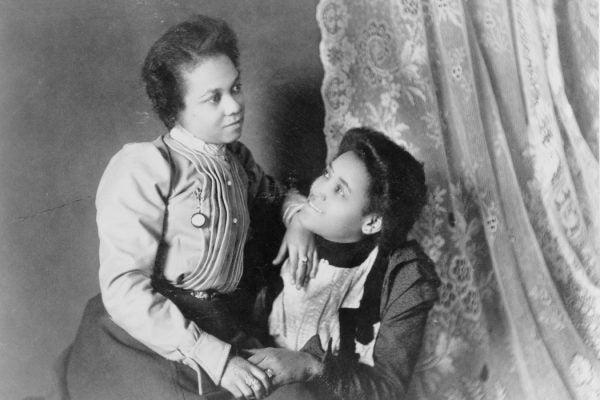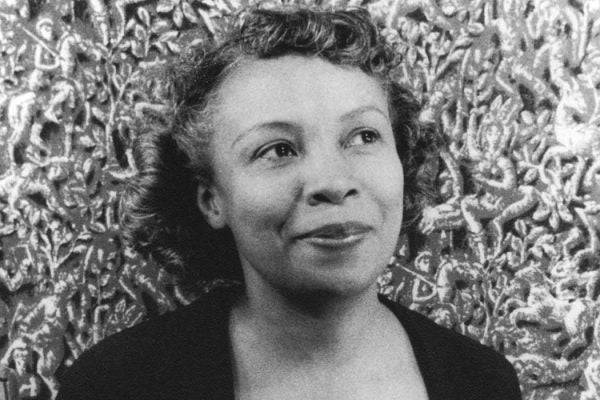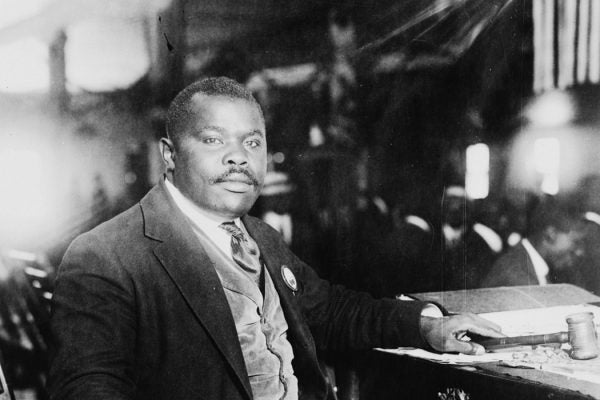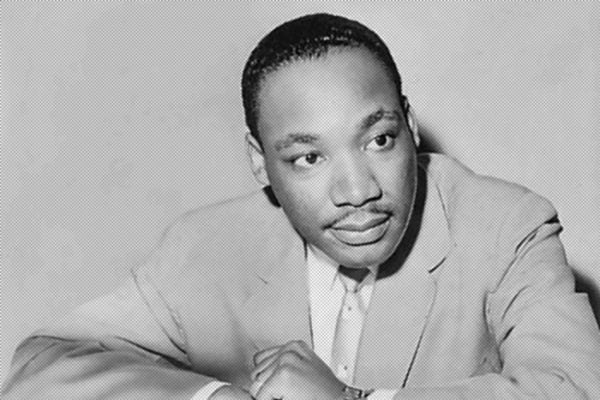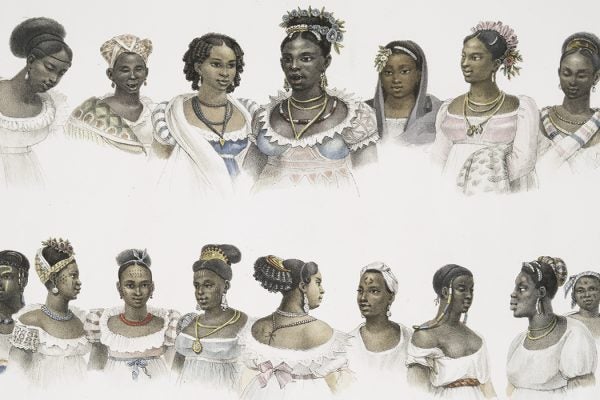Why Black Women Joined the Communist Party
During the Great Depression, Communists took to the streets to fight racism, poverty, and injustice. Among them were Black women.
The Jim Crow Army in the Philippine-American War
Some African American soldiers of the conflict thought fighting against fellow people of color was unjust.
Does Busing Work to Integrate Schools?
Busing as a means used to end school segregation remains controversial. Does it work? The case of Norfolk, Virginia, is highly instructive.
Searching for Black Queer History in Sensational Newspapers
Sometimes finding the stories of marginalized populations demands reading between the lines.
What Dorothy Porter’s Life Meant for Black Studies
Dorothy Porter, a Black woman pioneer in library and information science, created an archive that structured a new field.
Black Radicalism’s Complex Relationship with Japanese Empire
Black intellectuals in the U.S.—from W. E. B. Du Bois to Marcus Garvey—had strong and divergent opinions on Japanese Empire.
The African Roots of MLK’s Vision
“Ghana tells us that the forces of the universe are on the side of justice… An old order of colonialism, of segregation, discrimination is passing away now.”
The People’s Grocery Lynching, Memphis, Tennessee
On March 2, 1892, in Memphis, Tennessee, a racially charged mob grew out of a fight between a black and a white youth near People’s Grocery.
Two Women of the African Slave Resistance
African women, always a minority in the slave trade, often had to find their own ways of rebellion against slavery if they could.
How Women’s Studies Erased Black Women
The founders of Women’s Studies were overwhelmingly white, and focused on the experiences of white, heterosexual women.
